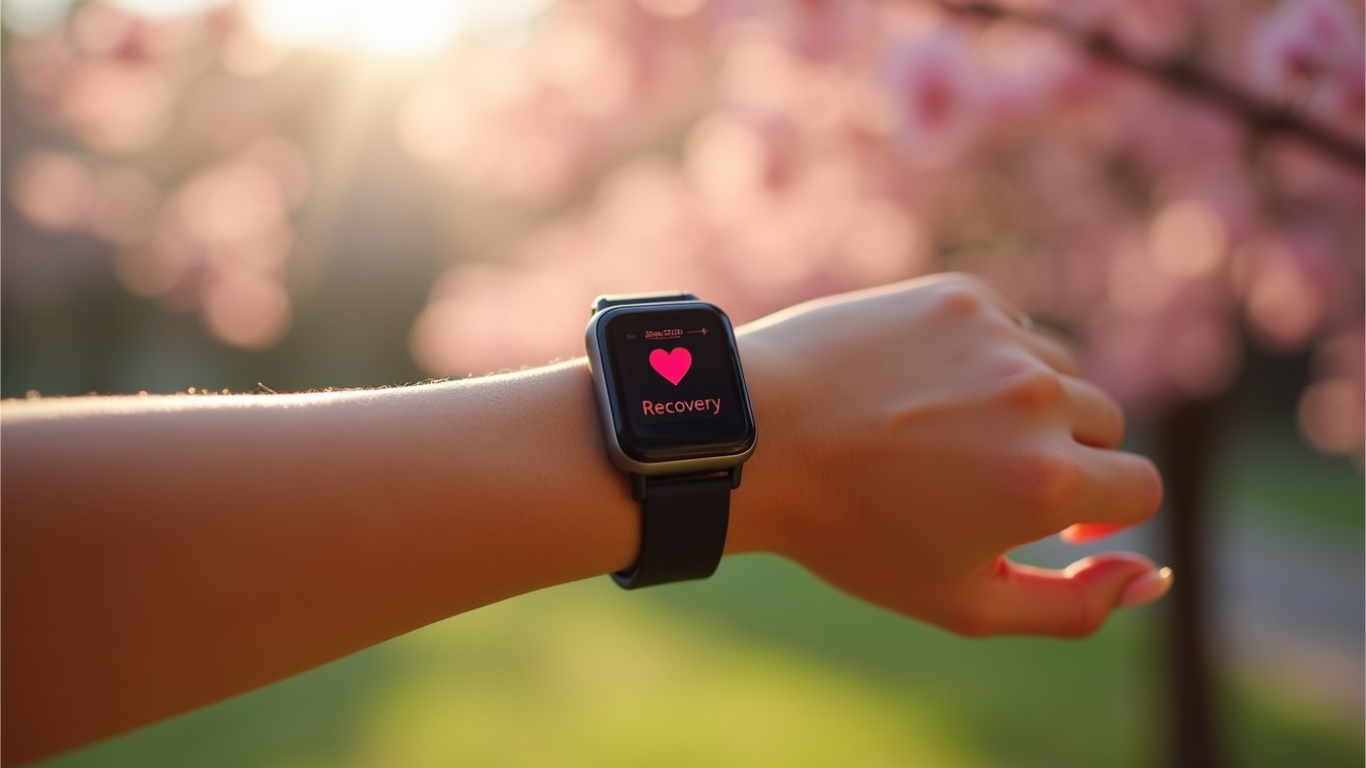Understanding Your Blood Work: Hemoglobin A1c (HbA1c)-The Ultimate Blood Sugar Test
With over 100 million Americans living with diabetes or pre-diabetes and millions more experiencing early blood sugar imbalances, having a clear understanding of your blood sugar levels has never been more important for your long-term wellness.
While a fasting glucose test can provide some helpful insights, this marker alone may not tell the whole story and doesn't reveal how your body manages sugar over several weeks.
That's where the Hemoglobin A1c (HbA1c) test becomes incredibly valuable, and why we include it in our initial Membership blood work at Knew Health.
Today, we'll explore the often-overlooked impacts of blood sugar imbalances and how the HbA1c test offers precious insights into the patterns and underlying factors affecting your blood sugar management.
Why the HbA1c Test Provides More Complete Insights Than Standard Fasting Glucose Testing
When we think about blood sugar challenges, many of us immediately think of diabetes.
However, Type 2 diabetes typically develops as an advanced consequence of blood sugar imbalances that have progressed over an extended period.
In conventional medical settings, the primary test offered for blood sugar screening is often just the fasting glucose test.
While this can help identify more advanced cases of blood sugar imbalances and support diabetes management, it has limitations.
Since this test only measures glucose levels during fasting, it doesn't provide the complete picture of how your body handles sugar over days or weeks.
Additionally, it doesn't offer predictive insights into developing patterns toward diabetes, prediabetes, or other blood sugar management concerns. And understanding these patterns is essential for prevention. Plus, fasting glucose can be significantly affected by factors beyond diet, such as a particularly restless night's sleep.
In functional medicine, and at Knew Health, we believe in identifying blood sugar imbalances as early as possible.
The HbA1c test provides a window into your last 8-10 weeks of blood sugar management versus a single snapshot. Plus, it reveals how sugars may be affecting your cells and tissues. HbA1c measures the extent to which hemoglobin in your blood has been affected ("glycosylated") by blood sugar levels.
"Optimal/Functional" HbA1c Ranges vs. "Normal"
In functional medicine, we look beyond "normal" when evaluating blood work markers.
Why? Because "normal" doesn't necessarily mean optimal when you're focused on preventing future health challenges—especially regarding blood sugar balance.
Optimal/Functional HbA1c Ranges:
- Optimal Range: less than 5.3
- Less than Optimal/Pre-diabetic stage: 5.4-6.0 (your lab may call this "normal," but in functional medicine, we consider this the zone for closer attention)
- Sub-optimal: Anything above 6.0 indicates challenges with blood sugar control
Individuals with particularly high or low hemoglobin levels may need additional markers beyond HbA1c. Remember that HbA1c is not the only marker we recommend for assessing blood sugar balance and the insulin resistance that often accompanies it. However, it's a powerful indicator for most Members.
The Health Impact of Chronically Elevated HbA1c
- Certain cancers
- Cardiovascular challenges
- Stroke
- Diabetes
- Accelerated brain aging
As mentioned above, chronically elevated HbA1c levels can also affect tissues, blood vessels, and organs particularly sensitive to glucose.
Common examples include your optic nerve, brain, heart, and kidneys—which directly correlate to the health consequences listed above.
What Contributes to Elevated HbA1c?
It's tempting (especially in the integrative health Community) to blame elevated HbA1c levels solely on excessive sugar consumption...
...but that's not always the complete picture!
The truth is, various foods and lifestyle factors can directly influence your HbA1c levels, including:
- Sleep challenges —surprisingly, inadequate sleep is a leading factor behind blood sugar imbalances. Research has shown that even short-term sleep deprivation can affect glucose metabolism.
- Chronic stress —ongoing stress can significantly impact your blood sugar levels because excessive stress hormones raise blood sugar and may create insulin resistance. Studies demonstrate the powerful connection between stress management and blood sugar balance.
- Excessive carbohydrates, or the "wrong" types —while excessive consumption of sugar and refined carbohydrates can certainly affect blood sugar balance, not all carbs are problematic. "Good carbs" found in moderate amounts of whole fruits, vegetables, and even sweet potatoes or white potatoes with skins can be part of a healthy, balanced approach.
- Artificial sweeteners —artificial sweeteners like aspartame, sucralose, and saccharin have recently been shown to potentially affect blood sugar levels.
- Insufficient muscle mass/limited exercise —muscle tissue helps your body regulate blood sugar. Therefore, if you're lacking lean muscle mass due to limited physical activity, this could contribute to elevated HbA1c.
How to Support Healthy HbA1c Levels
Your Knew Health Coach will work with you to develop a personalized wellness plan, but here are some general approaches that may help support healthy HbA1c levels:
- Mindful carbohydrate choices —consider substituting stevia (a natural plant extract sweetener) for sugar where possible, reducing processed foods, and experimenting with limiting grains to 1-2 servings daily.
- Adequate protein intake —protein helps stabilize blood sugar while increasing satisfaction. While you don't need excessive amounts, aim to include some lean animal or plant-based protein with meals and snacks.
- Regular movement and exercise —focus on activities that build muscle mass and challenge you appropriately. Interval training, resistance exercises, yoga, and other weight-bearing activities can be excellent choices.
- Stress management practices
—this may be one of the most impactful steps you can take for blood sugar balance. Effective stress-management approaches include:
- Regular exercise
- Enjoying music
- Journaling
- Connecting with friends
- Laughter and joy
- Meditation practices
- Time in nature
- Reducing screen time
- Sleep optimization
—aiming for 7.5-9 hours of quality sleep nightly can support healthy blood sugar. Helpful sleep strategies include:
- Morning sunlight exposure (helps reset your internal clock)
- Limiting caffeine after noon
- Exercise at least 4 hours before bedtime
- Reducing screen exposure 1-2 hours before bed
- Earlier dinner times
- Consistent bedtime routines
- Journaling thoughts and tomorrow's plans before bed
- Complete darkness in your bedroom
- Calming herbal teas like chamomile, valerian, or passionflower
How Often Should You Check HbA1c?
Healthcare providers typically recommend that individuals with type 2 diabetes check their HbA1c every six months to monitor their management approach. At Knew Health, we believe in the same proactive approach to ensure your lifestyle modifications are supporting your wellness goals. If your level falls in the zone requiring closer attention, we may recommend checking progress at least every 6 months.
From a prevention perspective with optimal levels, we recommend checking HbA1c every year or two. As you've learned in this article, various lifestyle factors can accumulate over time to affect insulin sensitivity and blood sugar balance. It's empowering to stay informed about your body's signals and proactively address imbalances—before they have a chance to develop into more serious concerns.
Remember, Knew Health is a Medical Cost Sharing Community, not health insurance. Our Members support each other's Medical Needs through monthly contributions, and eligible expenses may be shared by the Community. We're here to support your journey toward optimal wellness through our unique combination of functional medicine guidance, Community support, and transparent sharing of medical expenses.










